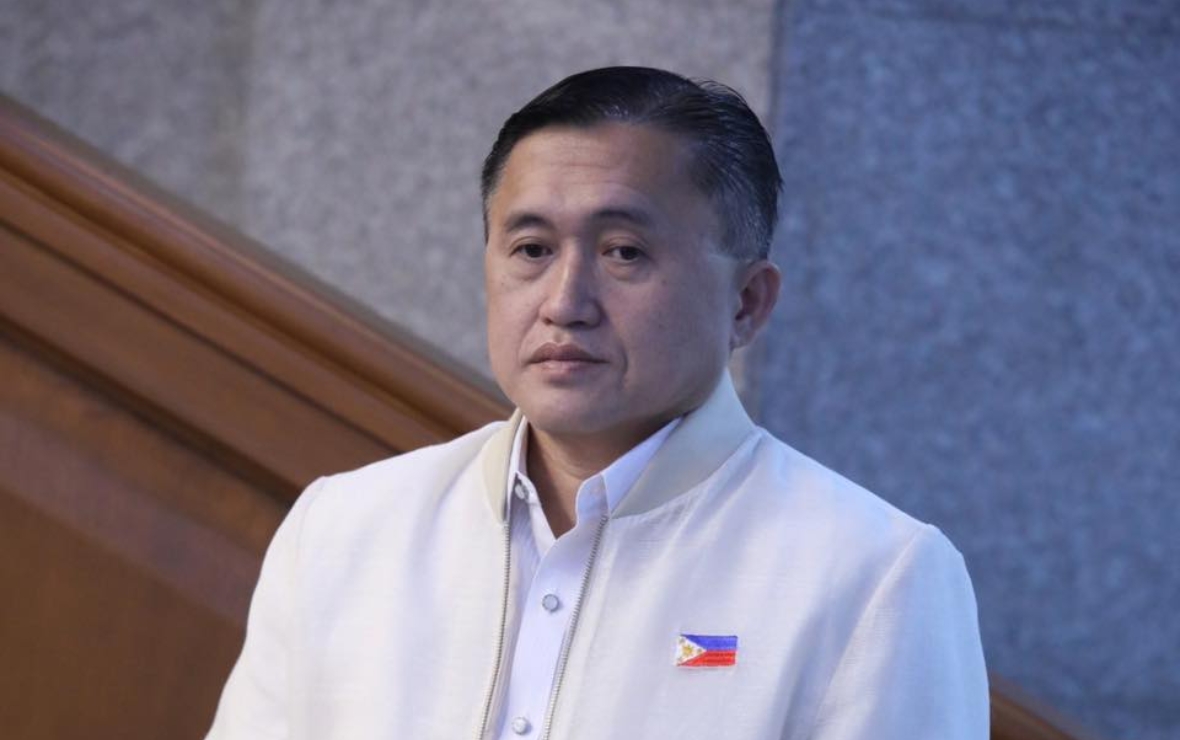Senator Christopher “Bong” Go, a health reforms crusader and Chairperson of the Senate Committee on Health and on Youth, hailed the signing of Republic Act No. 12080, or the Basic Education Mental Health and Well-Being Promotion Act, which aims to address the alarming mental health crisis among Filipino students. The law was signed by President Ferdinand Marcos Jr. on Monday, December 9.
Go, who co-authored and co-sponsored the legislation, emphasized the importance of institutionalizing mental health programs in schools to help alleviate the growing mental health challenges among students.
“Napapanahon na bigyan natin ng sapat na atensyon ang mental health ng kabataan. Hindi pwedeng ipagwalang-bahala ang mga isyung ito dahil buhay at kinabukasan ang nakataya,” said Go.
The new law not only establishes care centers for mental health services in all public schools but also broadens the pool of professionals who can deliver these services. It introduces salary grade upgrades for guidance counselors and allows trained non-counselors to temporarily fill the gaps in mental health staffing, ensuring immediate support for students.
“Ito ay isang mahalagang hakbang para maitaas ang antas ng serbisyo sa mental health sa ating mga paaralan. Ang mga guro at guidance counselors ang kaagapay natin sa pagbibigay ng suporta sa mga mag-aaral sa harap ng mga pagsubok na pinagdadaanan mga kabataan,” he noted.
In parallel efforts, Go also authored and co-sponsored Senate Bill No. 2598, or the proposed State Universities and Colleges (SUCs) Mental Health Services Act to strengthen mental health services in SUCs across the country. If enacted into law, the measure aims to establish Mental Health Offices in every SUC campus to provide comprehensive support and intervention for students, faculty, and staff.
“Sa SUCs, malaki rin ang pangangailangan para sa mental health support, lalo na sa panahon ngayon kung saan ramdam pa rin natin ang epekto ng pandemya, mga isyu ng ekonomiya, at ang hirap na dulot ng mga sakuna,” Go explained.
Go pointed out the dire statistics that underscore the necessity of these reforms: over 400 learners took their own lives in 2021, with thousands more attempting suicide. He stressed that access to mental health care remains a critical barrier, with only 22.17% of Filipinos reportedly seeking professional psychological help.
“Kailangan nating gawing mas accessible at abot-kamay ang serbisyong pangkalusugan ng isip para sa lahat ng mag-aaral. Hindi nila dapat maramdaman na mag-isa sila sa laban na ito,” he added.
Also, Go stressed the need to ensure the implementation of RA 11036, or the Philippine Mental Health Act, which was signed into law during the term of former President Rodrigo Duterte. The act guarantees Filipinos the right to access mental health care and aims to integrate mental health programs at the barangay and community levels.
“Ang mental health ay isang karapatan. Kailangang maipatupad ang mga batas na ito para masiguro na walang kabataang Pilipino ang mapapabayaan,” said Go, underscoring his continuous support and oversight for the Department of Health’s Philippine Council for Mental Health Strategic Framework for 2024–2028.
The framework, backed by the World Health Organization, prioritizes improving patient guidance and referral systems, creating oversight boards for mental health concerns, and fostering mental health education in schools and workplaces.
Go concluded by emphasizing the role of public awareness in combating mental health stigma, particularly among the youth.
“Kailangan din natin ng edukasyon at pagbabago ng pananaw ng lipunan tungkol sa mental health. Ito ay hindi kahinaan kundi bahagi ng ating kalusugan na dapat nating tutukan at solusyunan,” he said.
“Magmalasakit tayo at tulungan ang mga kabataan dahil sila ang future leaders at pag-asa ng ating bayan. Pangalagaan natin ang mental health dahil ang kalusugan ay katumbas ng buhay ng bawat Pilipino,” he ended.







